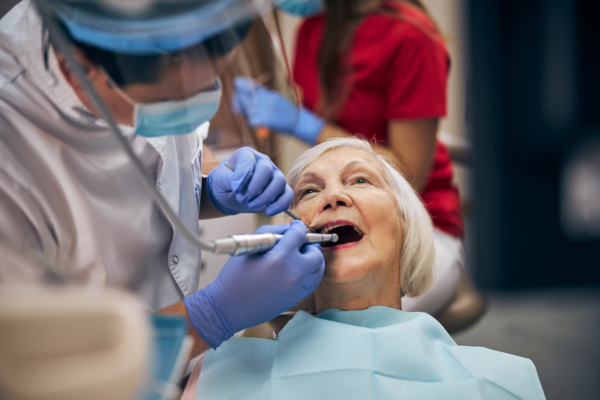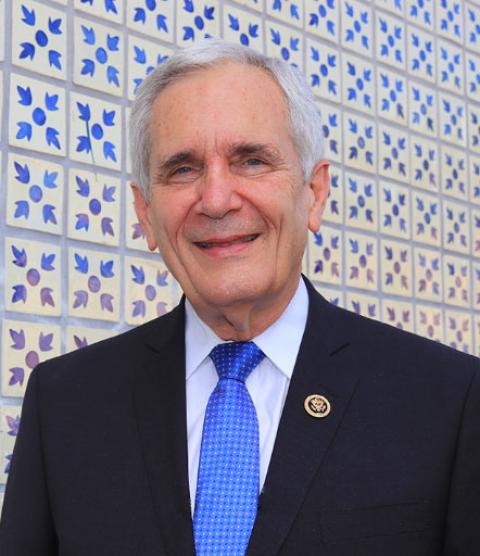
More than 100 members of the U.S. House have sent a letter to the head of the Centers for Medicare and Medicaid Services (CMS) in an effort to expand Medicare dental coverage. (Traditional Medicare only covers “medically necessary” dental care in a narrowly defined way that excludes not only routine care, but many illness-related treatments.) The members implored CMS administrator Chiquita Brooks-LaSure to broaden the definition of “medically necessary” to cover many more types of dental care.
“To improve patient outcomes, promote greater health equity, and reduce Medicare spending, we urge CMS to use existing regulatory authority to improve coverage of medically necessary oral and dental care.” – House members’ letter to CMS, 6/29/22
Some 66% of Medicare beneficiaries have periodontal disease, but do not have dental coverage. Those who do have coverage can face high premiums, significant co-pays, and coverage limitations. In fact, many private dental plans only cover between $1,000-2,000 of dental care per patient per year.
The dearth of coverage and often unaffordable private insurance leaves many seniors without proper dental care. Neglecting dental care not only is bad for the teeth, but can negatively impact seniors’ overall health.
“Periodontal disease has been linked to other (medical) conditions, including diabetes, stroke, heart disease, kidney disease, and cancer. Nearly twenty percent of seniors have lost all their teeth and 68 percent have gum disease, resulting in seniors eating unhealthy foods that are easier to chew, but lead to elevated blood sugar and uncontrolled diabetes.” – House members’ letter to CMS
Expanding dental coverage also would significantly reduce Medicare’s costs. Simply by providing coverage for the treatment of periodontal disease for patients with heart disease, stroke, and diabetes, one study estimates that Medicare could save $63.5 billion over ten years.
In their letter, the House members urge CMS to expand Medicare dental and oral care coverage to include “all medically necessary situations,” including emergency room visits, hospitalizations for dental conditions in which oral bacteria is the underlying cause, Parkinson’s-related issues, multiple sclerosis, cancer treatment, organ transplant, and rheumatologic disease, among others.

Rep. Lloyd Doggett (D-TX), who had previously introduced a bill to expand dental coverage in traditional Medicare, signed the House letter to CMS
Even if CMS were to widen “medically necessary” coverage, that still would leave traditional Medicare patients without routine dental insurance – something the National Committee and other seniors’ groups have long advocated. Routine dental coverage in Medicare was included in early versions of the President’s Build Back Better plan but later removed. Expansions for hearing and vision coverage also were considered, to be paid for by savings from Medicare prescription drug price negotiation, but the entire bill stalled in the face of opposition from Senator Joe Manchin (D-WV).
The National Committee will continue to lobby on Capitol Hill for expansion, so that seniors’ teeth, eyes, and ears are more fully covered by traditional Medicare. Meanwhile, the House members’ advocacy for broadening Medicare regulations to include more types of dental care is a really good start.
For more information on dental care for seniors, visit our Aging, Health & Care web resource.


